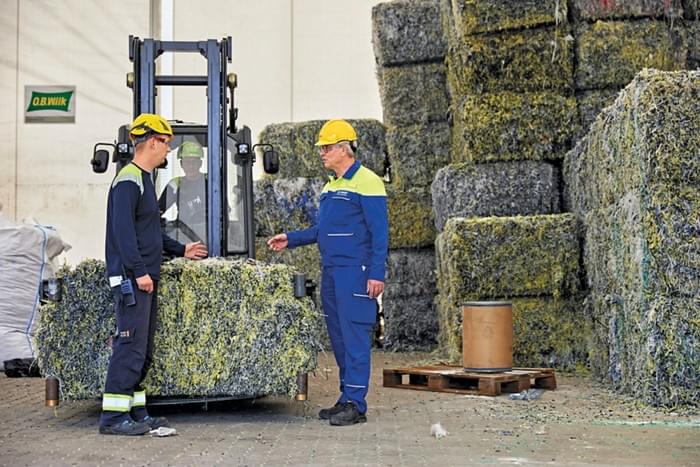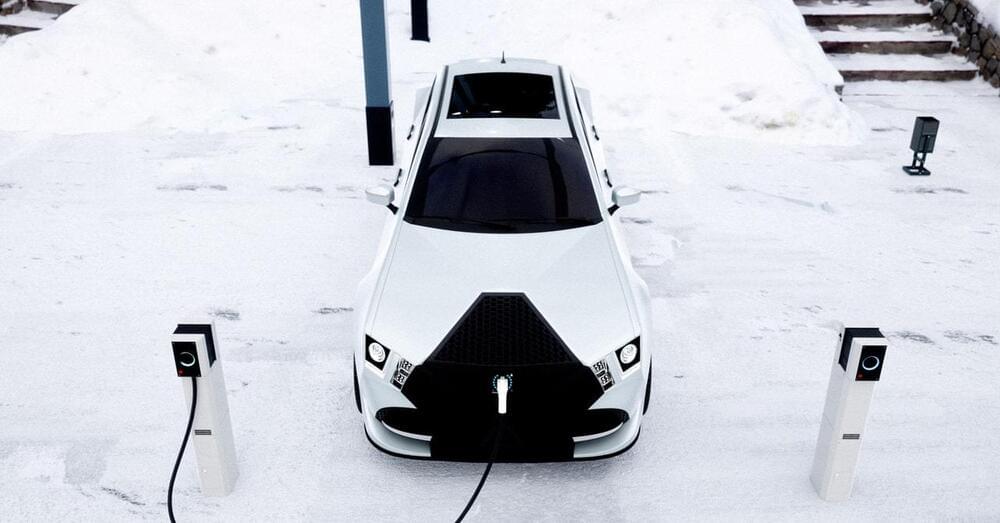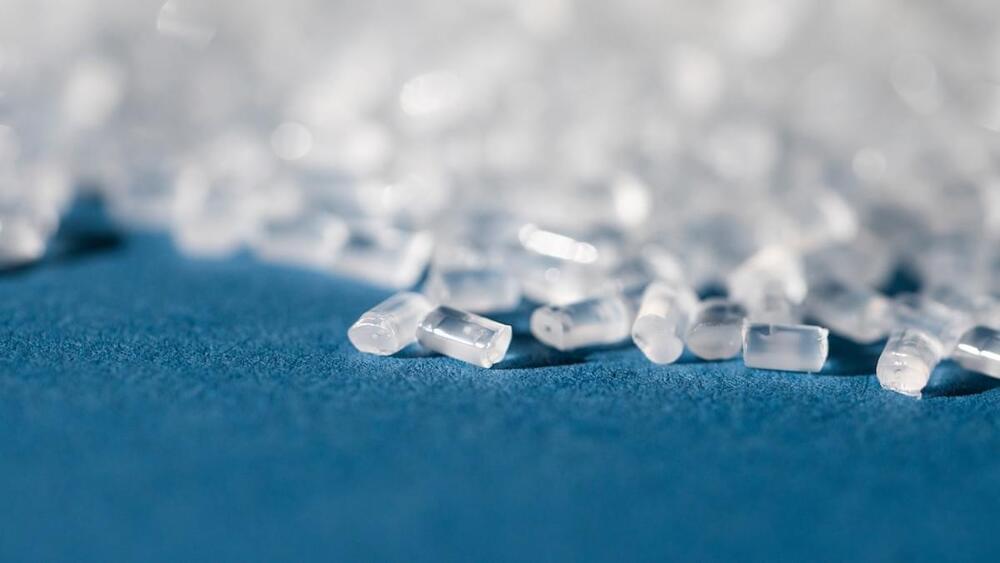Jan 22, 2024
Cobalt-free batteries could power cars of the future
Posted by Omuterema Akhahenda in categories: finance, sustainability, transportation
Many electric vehicles are powered by batteries that contain cobalt — a metal that carries high financial, environmental, and social costs.
MIT researchers have now designed a battery material that could offer a more sustainable way to power electric cars. The new lithium-ion battery includes a cathode based on organic materials, instead of cobalt or nickel (another metal often used in lithium-ion batteries).
In a new study, the researchers showed that this material, which could be produced at much lower cost than cobalt-containing batteries, can conduct electricity at similar rates as cobalt batteries. The new battery also has comparable storage capacity and can be charged up faster than cobalt batteries, the researchers report.

















